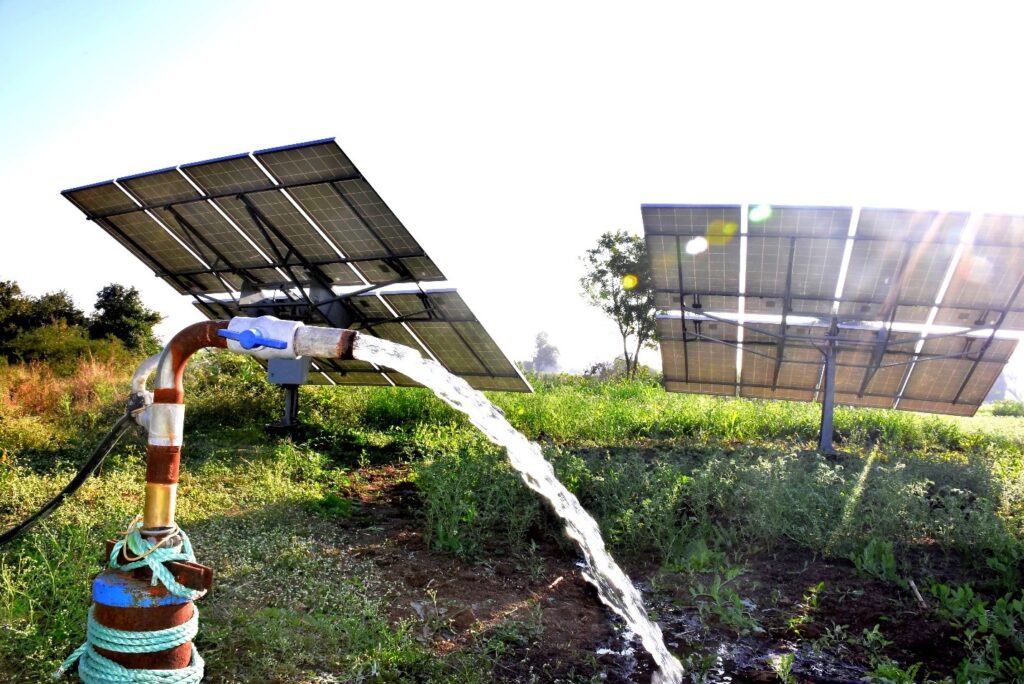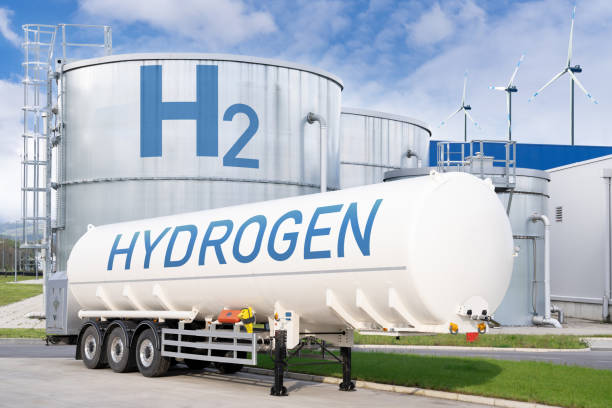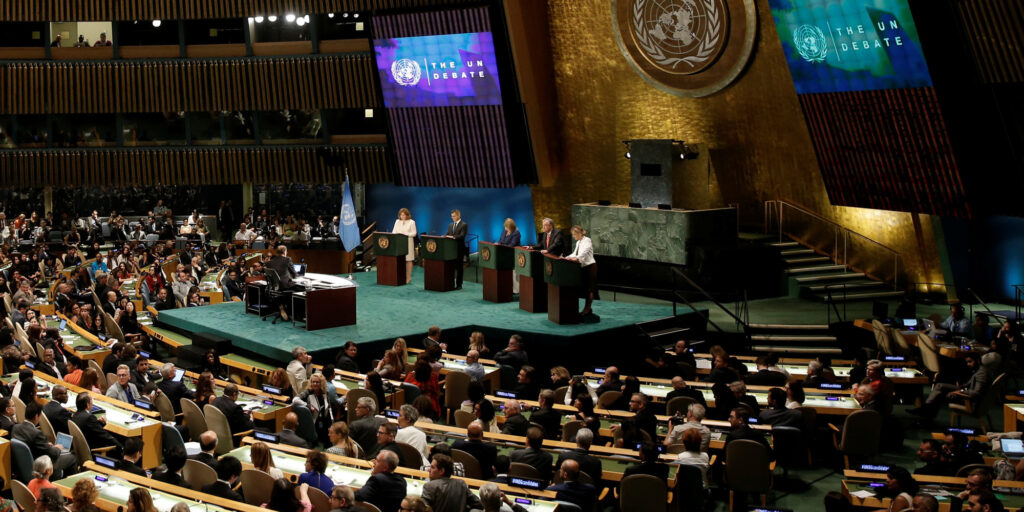Energy access is a crucial part of transforming the quality of our well-being. Stable electricity drives industrialization, innovation, and infrastructural development, attracting investment and economic growth and development. The essentiality of energy explains why the government and several development agencies continue to fund varying projects toward advancing energy access for all. However, beyond electrification projects, there is a need to ensure the sustainability of these projects. To sustain the viability and bankability of the projects, incorporating energy for productive usage into electrification programs is critical.
The National Rural Electric Cooperative Association (NRECA) defines productive electricity use as “Any use of electricity that generates income for the user”. The productive use of energy (PUE) involves the application of energy in agricultural, commercial, and industrial activities for economic growth, local resilience, and self-reliance. For example, accelerating access through energy-efficient electric productive appliances and equipment such as grinding machines, solar cold storage, welding machines, and industrial sewing machines can empower communities. In Nigeria, electricity use among poorer households is mainly limited to low-power appliances, such as lightbulbs, radios and phone chargers. As the off-grid sector continues to grow and evolve beyond essential household lighting, utilities strive to stimulate additional demand. As a result, attention is drawn to using PUE systems to boost consumer energy demand.
Electricity demand does not grow automatically when there is electrification. Many communities in the global south are poor and require further support to increase their income and productivity and, in turn, afford electricity. Therefore, ensuring that electrification programs directly influence livelihoods and revenue creation is critical for long-term sustainability. Increasing revenue can be accomplished through the productive use of energy. As the uptake of new lines rises due to electricity use during productive activities, value is created, and energy demand is ultimately enhanced.
According to the Africa Development Bank, among the 420 million people in Africa between the ages of 15 and 35, 30% are unemployed. PUE systems use can be employed in income generation at various levels. When energy is employed efficiently in entrepreneurial endeavours, businesses are expanded, and as a result, more jobs are created, thus promoting local economic development. Increased income levels lead to improved financial stability, empowering individuals to afford the energy they consume. In 2022, NERC revealed in their Q4 report that DisCos had failed to meet their ATC &C loss targets. As more people become gainfully employed through the adoption of PUE systems or programs, they are better positioned to pay for electricity, and in turn, the DisCos are better off.
Productive energy utilization holds enormous potential. As such, championing more programs like the Nigerian Electrification Program (NEP) with a core objective of increasing the productive use of energy in rural areas is crucial. However, numerous challenges must be resolved. For example, a lack of awareness around productive energy use can derail its adoption. Hence, closing the knowledge gaps through awareness creation on PUE opportunities is a much-needed action. Additionally, limited access to cash and technology can hinder the deployment of energy-driven businesses. Governments and organizations can support energy-related entrepreneurial endeavours by creating financing mechanisms via financial incentives, grants, and subsidies, making them accessible to low-income individuals and communities.
As Africa gears toward universal energy access by 2030, enhancing energy affordability through productive energy consumption is a transformational strategy to strengthen communities and promote sustainable economic progress. We can remove obstacles and give people the power to determine their futures by considering energy as a resource that is both a consumable and a catalyst for success. Governments, energy companies, and other stakeholders can work together to create a world where energy is available, affordable, and beneficial to everyone while ensuring environmental stewardship.



